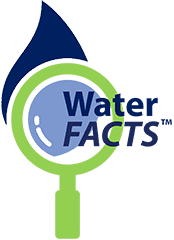Corrosion inhibitor for water: Protecting metal infrastructure from the relentless assault of corrosion is crucial in various industries. Water, often the culprit, can accelerate this process, leading to costly repairs and safety concerns. Thankfully, corrosion inhibitors stand as the first line of defense, safeguarding metal surfaces in water systems.
